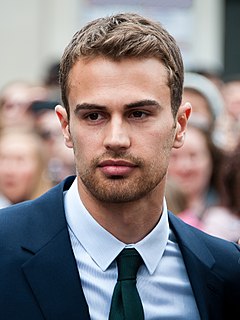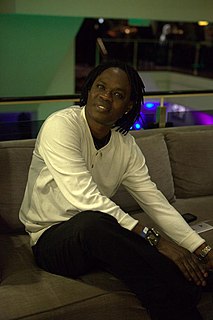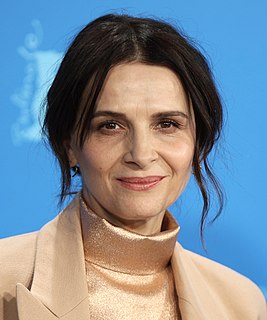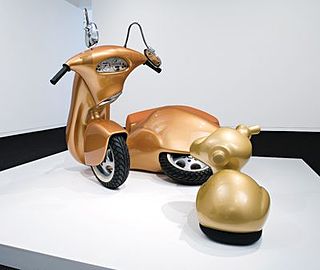A Quote by Paul Robeson
In my music, my plays, my films, I want to carry always this central idea: to be African.
Related Quotes
I did not like that name "world music" in the beginning. I think that African music must get more respect than to be put in a ghetto like that. We have something to give to others. When you look to how African music is built, when you understand this kind of music, you can understand that a lot of all this modern music that you are hearing in the world has similarities to African music. It's like the origin of a lot of kinds of music.
We know that the African regimes, many African regimes have failed their people and many Africans want regime change, and there are a lot of African leaders who make promises but don't carry them out. I mean, the progress - I mean, it is noble for the rich countries to help Africa, but then the question is: What are African leaders themselves doing to help their own people?
I'm suspicious of the idea of categories in music and this idea of things being in boxes. To me, that seems unnatural. I write the music that somebody with my biography would write, and the thing that's always driven me is an enthusiasm for the material. I sort of follow the notes to where they want to go.




































